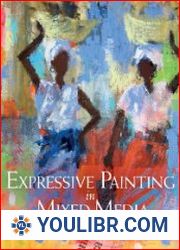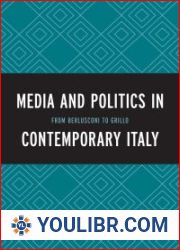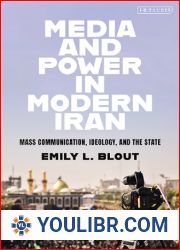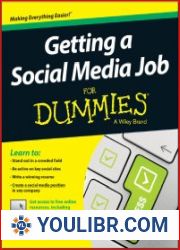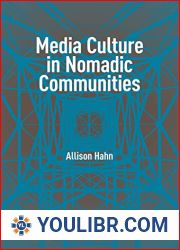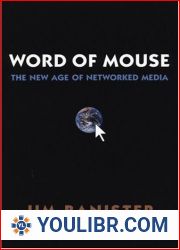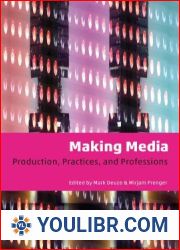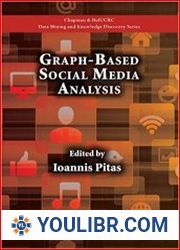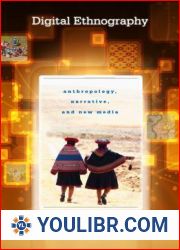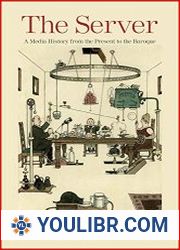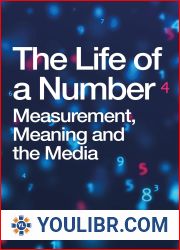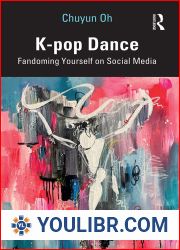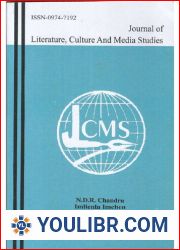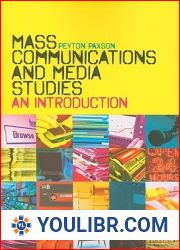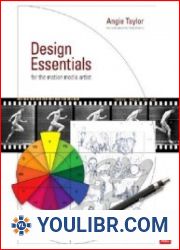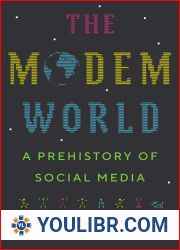
BOOKS - La invencion de la Edad Media

La invencion de la Edad Media
Author: Jacques Heers
Year: January 1, 1991
Format: PDF
File size: PDF 2.6 MB
Language: Spanish

Year: January 1, 1991
Format: PDF
File size: PDF 2.6 MB
Language: Spanish

The book 'The Invention of the Middle Ages' by Professor Jacques Heers, challenges the traditional view of the Middle Ages as a dark and backward period in human history. Instead, Heers argues that this era was not only a time of significant technological advancements but also a time of social and cultural evolution. He contends that the negative perception of the Middle Ages is largely due to the biases of modern historians and writers who have shaped our understanding of this period based on their own preconceptions rather than an objective examination of the evidence. The book focuses on four key themes: the contrast between the Middle Ages and the Renaissance, feudalism and the rights of lords, the myth of the "terrible feudal lords" and the "subjugated peasants and the role of the Church. Heers argues that these constructions are based on a priori assumptions and compromises, rather than a genuine understanding of the historical record. He advocates for a more nuanced approach to the study of the Middle Ages, one that takes into account the complexity and diversity of this period and seeks to understand it on its own terms, rather than judging it by modern standards.
Книга «Изобретение Средневековья» профессора Жака Хирса бросает вызов традиционному взгляду на Средневековье как на мрачный и отсталый период истории человечества. Вместо этого Хирс утверждает, что эта эпоха была не только временем значительных технологических достижений, но и временем социальной и культурной эволюции. Он утверждает, что негативное восприятие Средневековья в значительной степени связано с предубеждениями современных историков и писателей, которые сформировали наше понимание этого периода на основе своих собственных предубеждений, а не объективного изучения доказательств. Книга сосредоточена на четырёх ключевых темах: контраст между Средневековьем и Ренессансом, феодализм и права сеньоров, миф о «страшных феодалах» и «покорённых крестьянах» и роль Церкви. Хирс утверждает, что эти построения основаны на априорных предположениях и компромиссах, а не на подлинном понимании исторической летописи. Он выступает за более нюансированный подход к изучению Средневековья, такой, который учитывает сложность и разнообразие этого периода и стремится понять его на своих условиях, а не судить о нём по современным стандартам.
livre « L'invention du Moyen Age » du professeur Jacques Hears récuse la vision traditionnelle du Moyen Age comme une période sombre et retardée de l'histoire humaine. Au lieu de cela, Hears affirme que cette époque n'était pas seulement une époque de progrès technologiques importants, mais aussi une période d'évolution sociale et culturelle. Il affirme que la perception négative du Moyen Age est en grande partie liée aux préjugés des historiens et écrivains contemporains qui ont façonné notre compréhension de cette période sur la base de leurs propres préjugés plutôt que sur l'examen objectif des preuves. livre se concentre sur quatre thèmes clés : le contraste entre le Moyen Age et la Renaissance, le féodalisme et les droits des seigneurs, le mythe des « terribles féodaux » et des « paysans soumis » et le rôle de l'Église. Hears affirme que ces constructions reposent sur des hypothèses et des compromis à priori plutôt que sur une véritable compréhension du livre historique. Il préconise une approche plus nuancée de l'étude du Moyen Age, qui tienne compte de la complexité et de la diversité de cette période et cherche à la comprendre à ses propres conditions plutôt que de la juger selon les normes modernes.
libro «La invención de la Edad Media» del profesor Jacques Hirce desafía la visión tradicional de la Edad Media como un período oscuro y atrasado de la historia de la humanidad. En cambio, Hirce sostiene que esta época no fue sólo una época de importantes avances tecnológicos, sino también una época de evolución social y cultural. Sostiene que la percepción negativa de la Edad Media se debe en gran medida a los prejuicios de los historiadores y escritores contemporáneos, que han moldeado nuestra comprensión de este período sobre la base de sus propios prejuicios, en lugar de un estudio objetivo de la evidencia. libro se centra en cuatro temas clave: el contraste entre la Edad Media y el Renacimiento, el feudalismo y los derechos de los señores, el mito de los «feudos temibles» y los «campesinos conquistados» y el papel de la Iglesia. Hears sostiene que estas construcciones se basan en suposiciones y compromisos a priori, en lugar de una comprensión genuina de la crónica histórica. Aboga por un enfoque más matizado del estudio de la Edad Media, uno que tenga en cuenta la complejidad y diversidad de este periodo y busque entenderlo en sus propios términos en lugar de juzgarlo según los estándares modernos.
Das Buch „Die Erfindung des Mittelalters“ von Prof. Jacques Hirs stellt den traditionellen Blick auf das Mittelalter als düstere und rückständige Epoche der Menschheitsgeschichte in Frage. Stattdessen argumentiert Heers, dass diese Ära nicht nur eine Zeit bedeutender technologischer Fortschritte war, sondern auch eine Zeit sozialer und kultureller Evolution. Er argumentiert, dass die negative Wahrnehmung des Mittelalters zu einem großen Teil auf die Vorurteile zeitgenössischer Historiker und Schriftsteller zurückzuführen ist, die unser Verständnis dieser Zeit auf der Grundlage ihrer eigenen Vorurteile und nicht einer objektiven Untersuchung der Beweise geprägt haben. Das Buch konzentriert sich auf vier Hauptthemen: den Kontrast zwischen Mittelalter und Renaissance, den Feudalismus und die Rechte der Herren, den Mythos der „schrecklichen Feudalherren“ und „unterworfenen Bauern“ und die Rolle der Kirche. Heers argumentiert, dass diese Konstruktionen auf Annahmen und Kompromissen a priori basieren und nicht auf einem echten Verständnis der historischen Chronik. Er befürwortet einen differenzierteren Ansatz für das Studium des Mittelalters, der die Komplexität und Vielfalt dieser Zeit berücksichtigt und versucht, sie unter seinen eigenen Bedingungen zu verstehen, anstatt sie nach modernen Maßstäben zu beurteilen.
''
Profesör Jacques Hears'ın "Ortaçağın İcadı" kitabı, Orta Çağ'ın insanlık tarihindeki karanlık ve geri bir dönem olarak geleneksel görüşüne meydan okuyor. Bunun yerine Heers, bu dönemin sadece önemli teknolojik gelişmelerin değil, aynı zamanda sosyal ve kültürel evrimin de bir zamanı olduğunu savunuyor. Orta Çağ'ın olumsuz algılarının büyük ölçüde, dönem anlayışımızı kanıtların nesnel olarak incelenmesinden ziyade kendi önyargılarına dayanarak şekillendiren modern tarihçilerin ve yazarların önyargılarından kaynaklandığını savunuyor. Kitap dört ana temaya odaklanıyor: Orta Çağ ve Rönesans arasındaki karşıtlık, feodalizm ve lordların hakları, "korkunç feodal lordlar've" fethedilen köylüler "miti ve Kilise'nin rolü. Heers, bu yapıların tarihsel kayıtların gerçek bir anlayışından ziyade a priori varsayımlara ve uzlaşmalara dayandığını savunuyor. Orta Çağ çalışmalarına, bu dönemin karmaşıklığını ve çeşitliliğini dikkate alan ve kendi şartlarına göre anlamaya çalışan ve modern standartlara göre yargılamayan daha incelikli bir yaklaşımı savunuyor.
كتاب «اختراع العصور الوسطى» للبروفيسور جاك سمع يتحدى النظرة التقليدية للعصور الوسطى كفترة مظلمة ومتخلفة في تاريخ البشرية. بدلاً من ذلك، يجادل هيرز بأن هذا العصر لم يكن فقط وقت تقدم تكنولوجي كبير، ولكن أيضًا وقت تطور اجتماعي وثقافي. يجادل بأن التصورات السلبية للعصور الوسطى ترجع إلى حد كبير إلى تحيزات المؤرخين والكتاب المعاصرين، الذين شكلوا فهمنا للفترة بناءً على تحيزاتهم الخاصة بدلاً من الفحص الموضوعي للأدلة. يركز الكتاب على أربعة مواضيع رئيسية: التناقض بين العصور الوسطى والنهضة، والإقطاع وحقوق اللوردات، وأسطورة «الإقطاعيين الرهيبين» و «الفلاحين المغزوين» ودور الكنيسة. يجادل هيرز بأن هذه الإنشاءات تستند إلى افتراضات وتنازلات مسبقة بدلاً من فهم حقيقي للسجل التاريخي. وهو يدعو إلى اتباع نهج أكثر دقة في دراسة العصور الوسطى، نهج يأخذ في الاعتبار تعقيد وتنوع هذه الفترة ويسعى إلى فهمها بشروطها الخاصة، وليس الحكم عليها وفقًا للمعايير الحديثة.








 49
49  3 TON
3 TON


